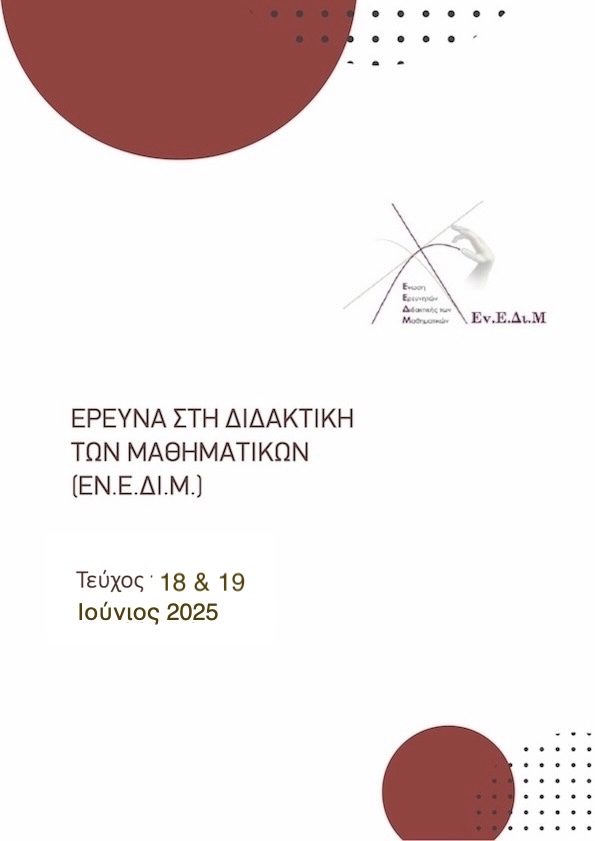DEVELOPING MATHEMATICAL LITERACY WITH YOUNG PRISONERS

Abstract
Research has highlighted the importance of prison education, especially mathematics education, given the role of mathematics in our technology-oriented age. In the Greek context, research on mathematical education of young prisoners is limited to non-existent. The aim of this research paper is to find best practices in the teaching of mathematics - and at the same time the professional development of the teacher - and the objective is to develop mathematical literacy through dialogical processes in order to enhance the active participation of young prisoners in a context where disciplinary discourse and power relations are blunted. Utilising critical participatory "action-research" approach appeared to improve young prisoners' participation and achievement in mathematics, as well as the teacher-researcher's teaching practice.
Article Details
- How to Cite
-
Fovos, I. (2025). DEVELOPING MATHEMATICAL LITERACY WITH YOUNG PRISONERS. Research in Mathematics Education, (18 & 19), 69–91. Retrieved from https://ejournals.epublishing.ekt.gr/index.php/enedim/article/view/37277
- Section
- Articles

This work is licensed under a Creative Commons Attribution 4.0 International License.
Authors who publish with this journal agree to the following terms:
Authors retain copyright and grant the journal right of first publication with the work simultaneously licensed under a Creative Commons Attribution licence that allows others to share the work with an acknowledgement of the work's authorship and initial publication in this journal.
Authors are able to enter into separate, additional contractual arrangements for the non-exclusive distribution of the journal's published version of the work (e.g. post it to an institutional repository or publish it in a book), with an acknowledgement of its initial publication in this journal.
Authors are permitted and encouraged to post their work online (preferably in institutional repositories or on their website) prior to and during the submission process, as it can lead to productive exchanges, as well as earlier and greater citation of published work (See The Effect of Open Access).


